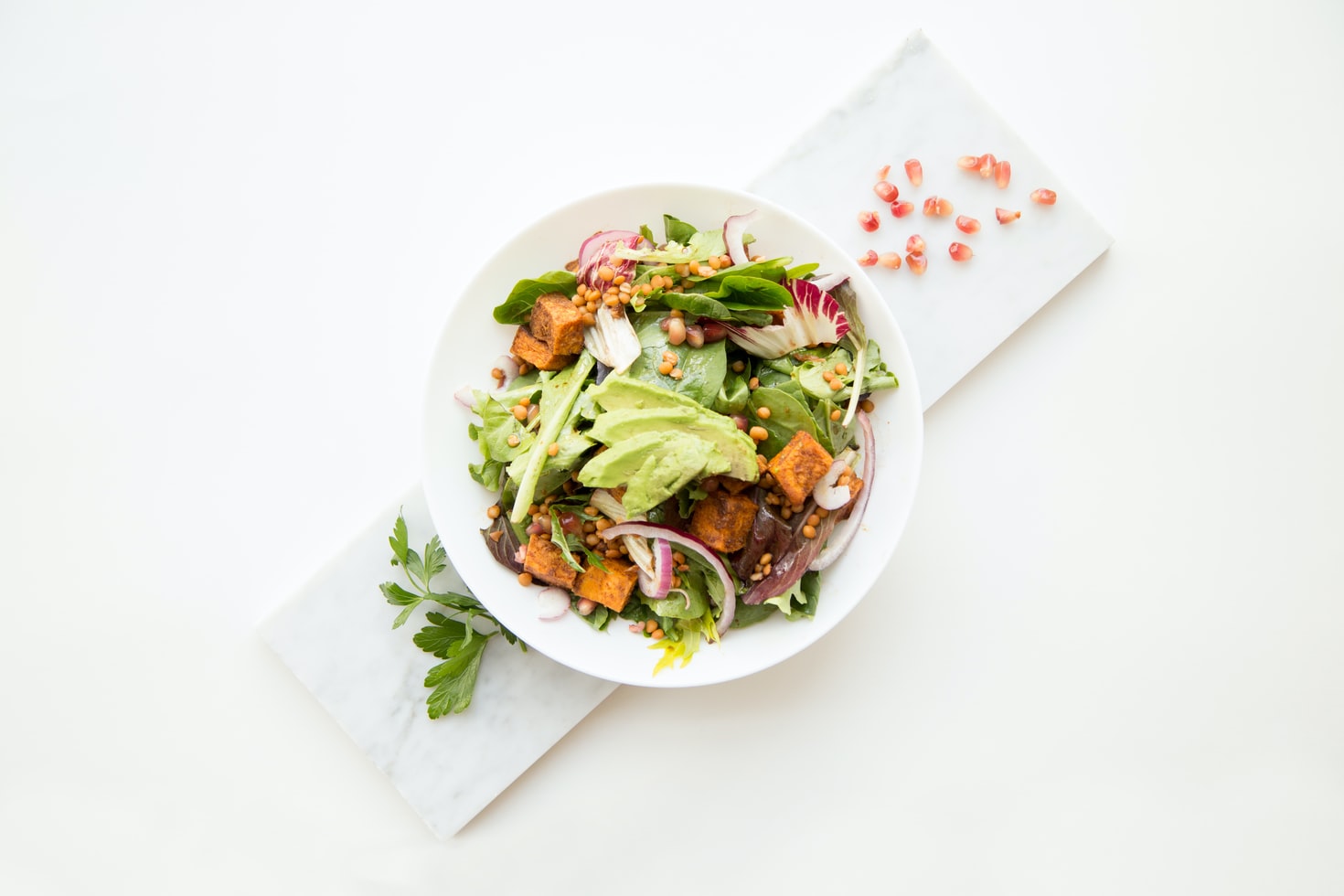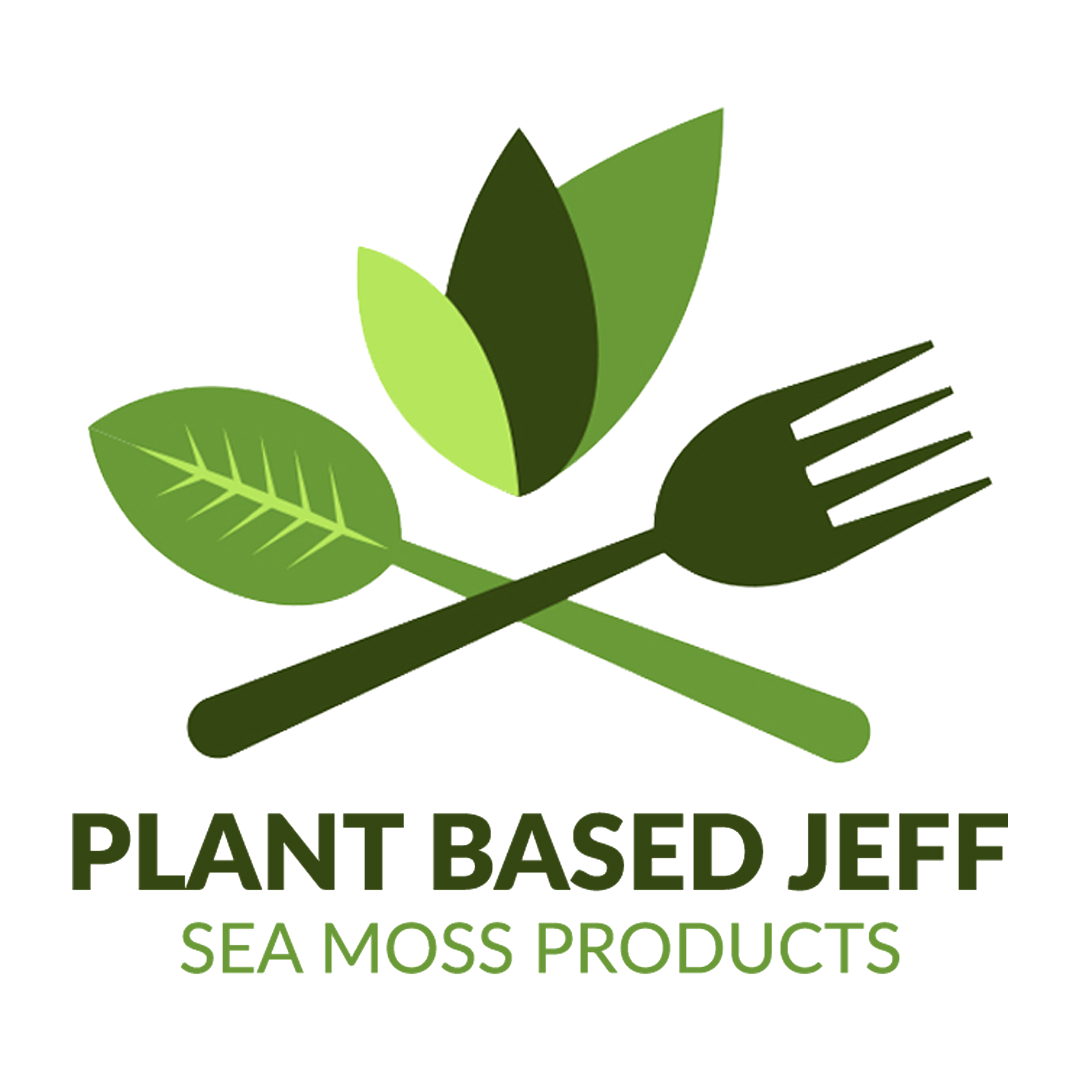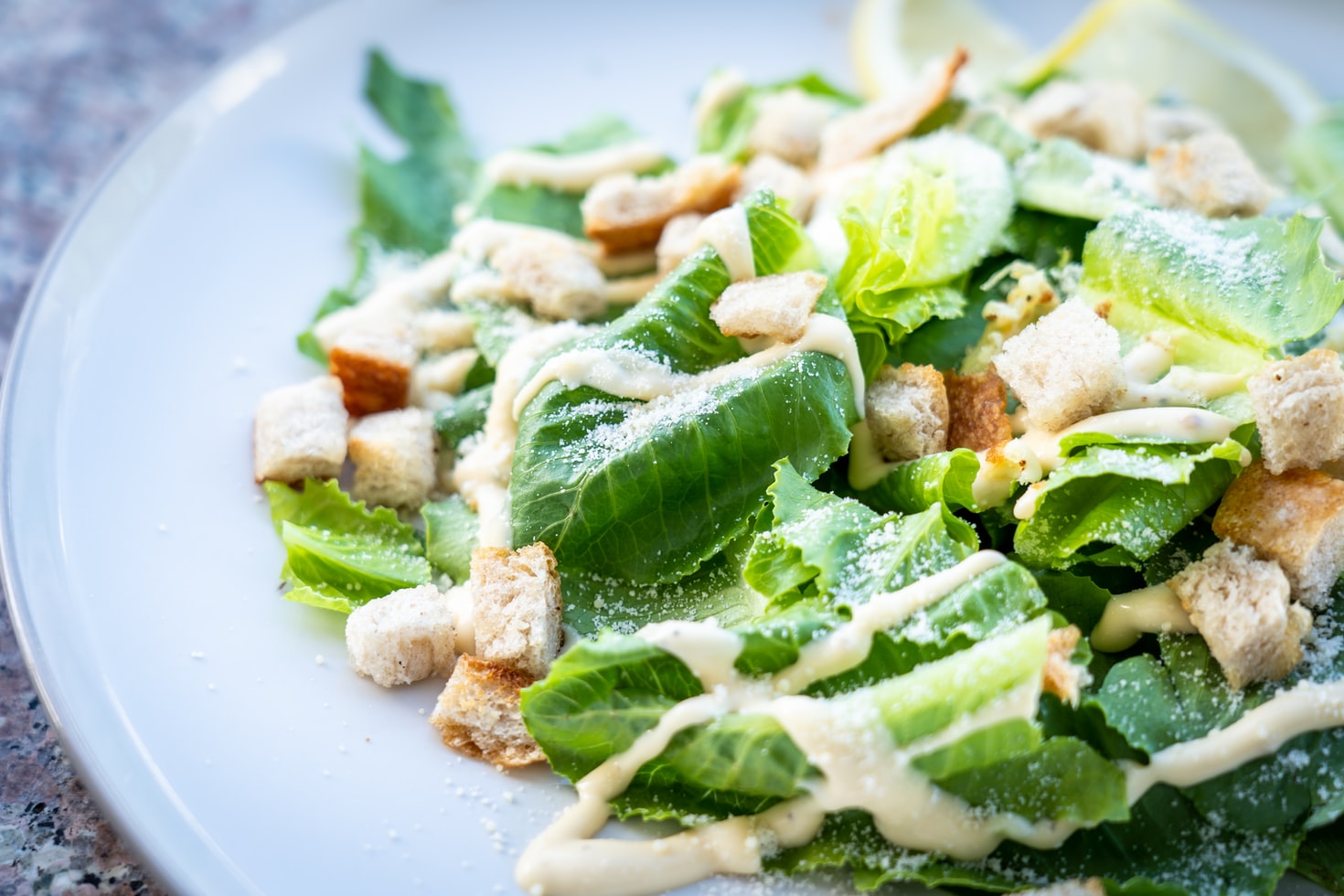
Switching to Plant-Based: What You Should Expect Pt. 1
So, you're thinking of switching to a plant-based diet? That's great! But we understand that you may be confused about what you should and what recipes to try, right? If that's the case, keep reading.
Plant based diets and diets limiting the intake of meat are truly becoming more popular, especially when more people are starting to live a healthier lifestyle. Plant-based diets allow people to be more conscious about what they consume, from choosing the right ingredients to eat for a healthier meal to selecting the right products that will benefit the environment—these are things anyone transitioning to a plant-based lifestyle need to take note of.
Another reason people are switching to a plant-based diet is because of all the health benefits it provides. Once can reduce risky diseases, such as heart disease, type 2 diabetes, stroke, and more.
If you're wondering how to eat plant-based, we've created a list of things you need to know to get started. Let's take a look!
What Should I Eat?
How to eat plant-based is definitely at the top of the list of things you should know about switching to the plant-based lifestyle because, essentially, this will be your fuel.
When you eat plant-based, you exclude animal products, so creating a meal plan to avoid animal sources and animal by-products is ideal.
Compliant Foods
-
Vegetables: In a plant-based diet, vegetables get the spotlight, and thankfully, there are a variety of vegetables that could help you reach your daily nutrient intake.
-
Fruit: Just like vegetables, fruit is a fantastic source of fiber and other nutrients, making it a must on your kitchen counter. The great thing about adding vegetables and fruit to your diet is you get to say no to processed and unhealthy food groups that could affect your health.
-
Grains: Whole and refined grains are compliant with a plant-based diet, but whole grains help reach your recommended nutrient requirements, especially protein.
-
Legumes: These include beans, peas, and lentils, which are inexpensive, nutritious, and versatile. The great thing about legumes is that they are low in fat and provide a fantastic amount of fiber, protein, magnesium, potassium, and more.
-
Nuts and Seeds: There's no doubt that nuts and seeds are a great source of protein, so it's great to add these in your breakfast smoothies, salads and eat them as an alternative healthy snack.
- Sea Moss: Slowly stealing the spotlight in the plant-based community is sea moss. It provides a hefty amount of nutrients that are great for your body. Sea moss supports your overall health and improves your energy levels, making it the perfect addition to your dishes or drinks.
The Bottom Line: Knowing What to Eat Can Help You Create an Effective Plant-Based Meal Plan
The quick list above will help you create a list of things you'll need in your pantry now that you're learning how to eat plant-based. By being mindful of the ingredients you use and ensuring that your meals are plant-based compliant, you'll reap the benefits of a plant-based diet, allowing you to live happier and healthier.
How Can Plant Based Jeff Help You?
Learning how to eat plant-based can be an intimidating topic for most people, but when you start to dip your toes into this lifestyle and choose the right food groups, you'll realize that there is nothing to be scared of at all.
Plant Based Jeff is the top sea moss provider and plant-based transition coach who provides amazing programs to clients who want to switch to the plant-based lifestyle. Besides that, he offers all-natural products, such as wildcrafted sea moss, sea moss capsules, and more.
Connect with us today and start living the plant-based way!


Leave a comment
This site is protected by hCaptcha and the hCaptcha Privacy Policy and Terms of Service apply.